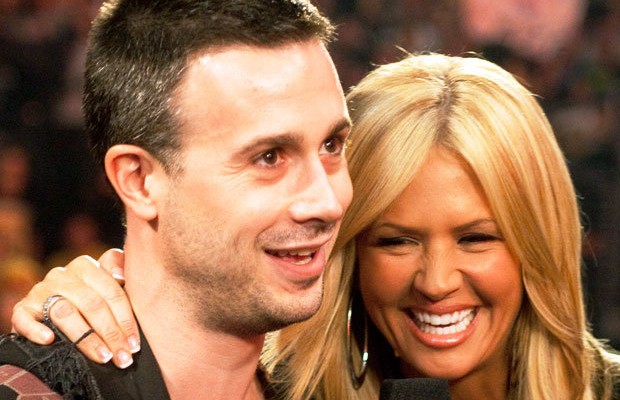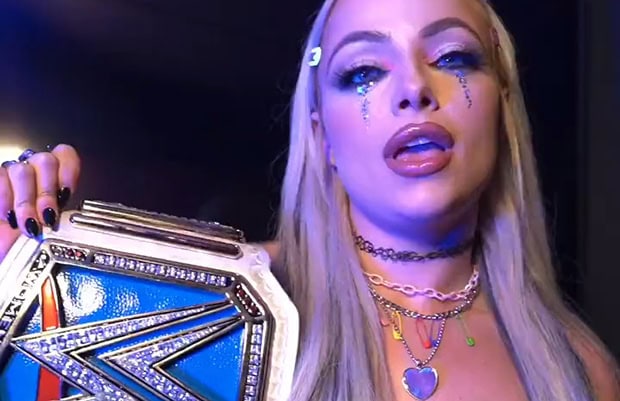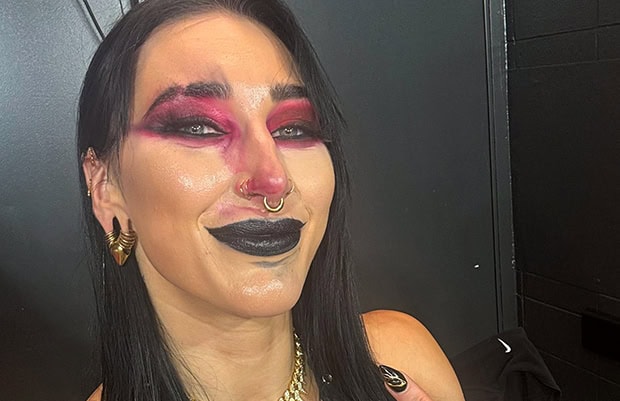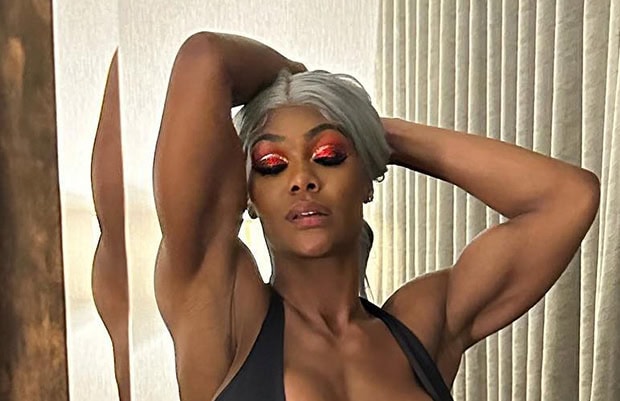Freddie Prinze Jr. Talks Vince McMahon and the WWE Creative Process, Segments with CM Punk, More

– Actor and former WWE creative writer Freddie Prinze Jr. recently spoke with GQ Magazine about his time with the company. The full interview can be found at this link. Below are highlights:
Explain how you actually write and plan for the show, especially in the lead up to a major event like WrestleMania.
Our writers would sit down and anyone had the right to pitch anything. If it was ridiculous, it’d get shut down really, really hard. At that point you learn to start smaller and build your way up. Or you’ll just stop pitching and be out of the company in three or four months. But say we want to give Kevin Owens a run at the championship and have him go over at WrestleMania, we would plan for that moment and then work backwards on how to get there. How he’s going to get under his opponent’s skin, how he is going to earn or hustle his way into a title shot, what the matches will be leading up to the final moment, what type of interactions there will be. The agents figure out what will happen in the matches, the writers have nothing to do with the actual matches. So as we build that story up, I would write segments out in advance. Like, full-out dialogue. Not everyone would do that, but I would really try to paint a full picture because what I was pitching was weird stuff, even for wrestling. So we would go through that process and then we’d get to pitch it to the boss. There aren’t many corporations where you get access to your boss on a daily basis. And not just your boss but the boss of bosses. We would pitch him our ideas and he would tell us right in the room whether to go back to the drawing board or to run it.
Say Vince green lights an idea, how does it go from just an idea at the office to being on actual TV?
Once you get to TV, it becomes a different pitch process. Now the script is more complete. We’re told how much time we have for specific matches and the time for segments. Now it’s almost like round robin where everyone is in the room and has a say—the writers, the agents, the people behind the cameras. Everyone gets their words in there and Vince considers what everyone is saying and he gives the final “Yay” or “Nay.” Once he says yes, then the writers need to hustle to link up with the wrestlers. I would always email at least a rough draft to the wrestlers early and say, “You know, a lot of this stuff is probably going to change, but it’s live TV.” If it’s a backstage segment, I’d be directing and producing it. If it’s in the ring, you go in this secret room called Gorilla where Vince sits with all the monitors, watching them like a hawk. You sit right next to him and you’re talking the camera trucks through what is going to happen. If you’re lucky enough to have had time, you’ve already rehearsed it, but usually you’re telling them, “Okay, we’re gonna interrupt him here and now Kevin Owens is gonna come out and he’ll say his piece.” You’re basically making sure everything is going off without a hitch as best you can and the wrestlers either sink or swim. It actually has very little to do with me at that point, it’s their job to get over. Then afterwards your wrestler comes up to you and looks at you like a puppy dog, even though they are 6 foot 10 and outweigh you by 200 pounds, and say, “Did I do a good job?” And it makes you feel very strange and weird. But that’s basically from script to show right there.
I’m assuming Vince has a lot of feedback after a segment too?
Oh, Vince is like a kid who just opened his toy box. I don’t mean that in a crappy way, but these are his toys and this is his toy box and he takes great care over them. He has certain ones that are more special than others at certain times, and you can see that on TV, but that’s his right. It’s his toy box. So when the wrestlers swim, he’ll give you the nod and a “That was good.” A couple times you’ll even get a “Goddamn!” and that’s when you know it was real good. Or he’ll let you know, “That didn’t work. I did not like a word of that, that is not what I told him to say. What the hell is going on?” I was in a position where I could take a lot of bullets, so I would always take bullets for my guys and say, “I told him to do that. I wrote it. I’m sorry, it won’t happen again.” And he’d be like, “You’re damn right you won’t!” You take that, and it sucks, and then you go off and you work for the next week.
Do you think it was too little, too late by the time WWE really got behind CM Punk prior to him leaving the company?
My personal feeling was, you know, as a company it was discovered a little too late. After frustration settles in, there’s a certain point as an employee of any company—even when they say to you, “You really are great!” you’re kind of like, “Yeah, well thanks, but I’m out of here.” That’s kind of what that relationship became. But that relationship became the actual story being told in the ring. All those promos that him and Vince McMahon would have in the ring together, that was all real stuff. That wasn’t anything that anyone wrote, that was them debating in the ring. And people knew it was real! They knew they were saying real things and that it wasn’t a TV show right there anymore.














0 comments